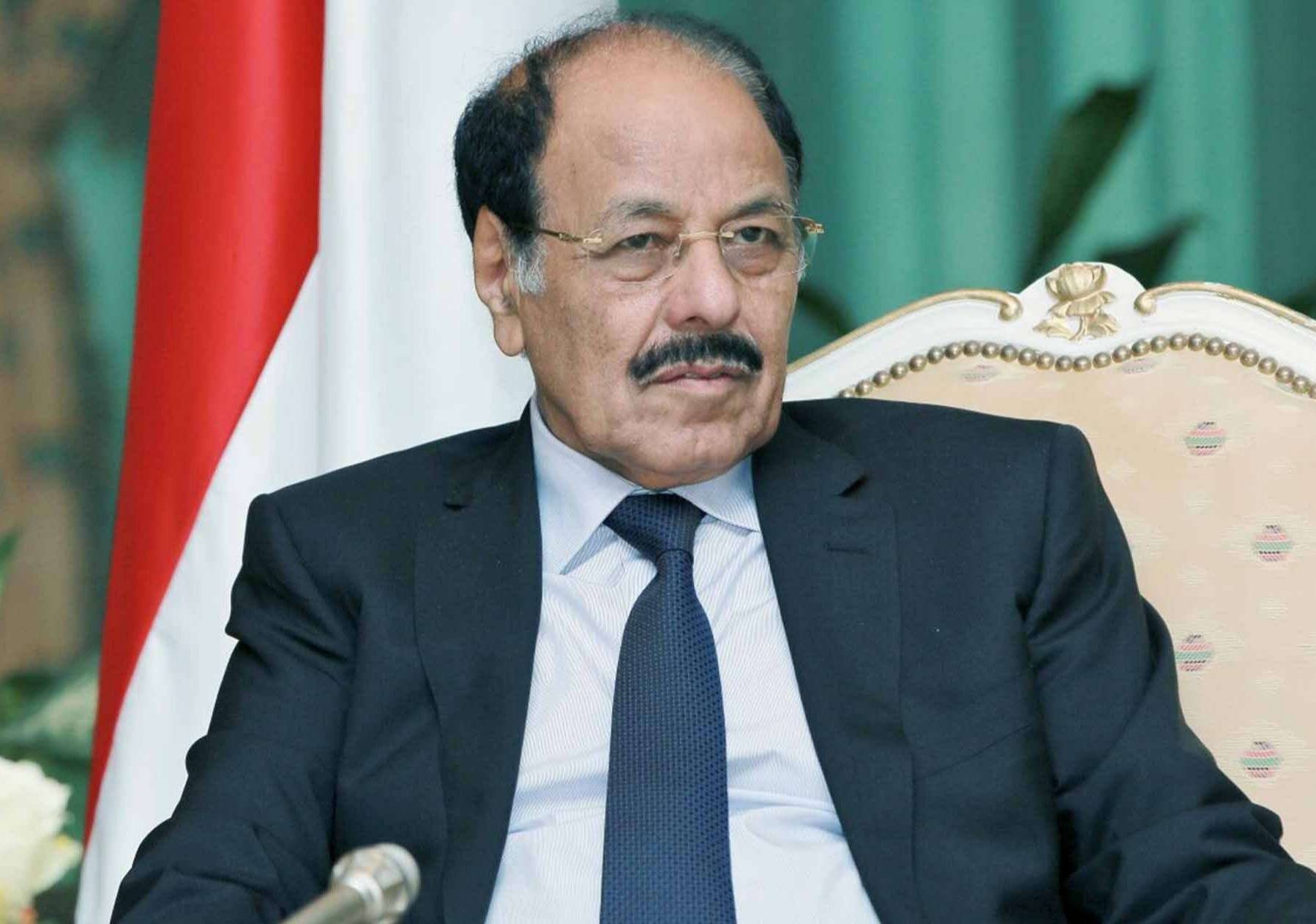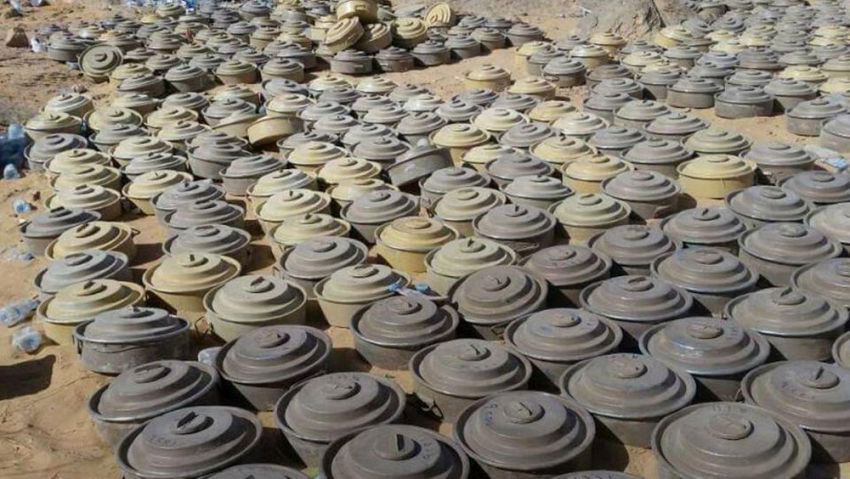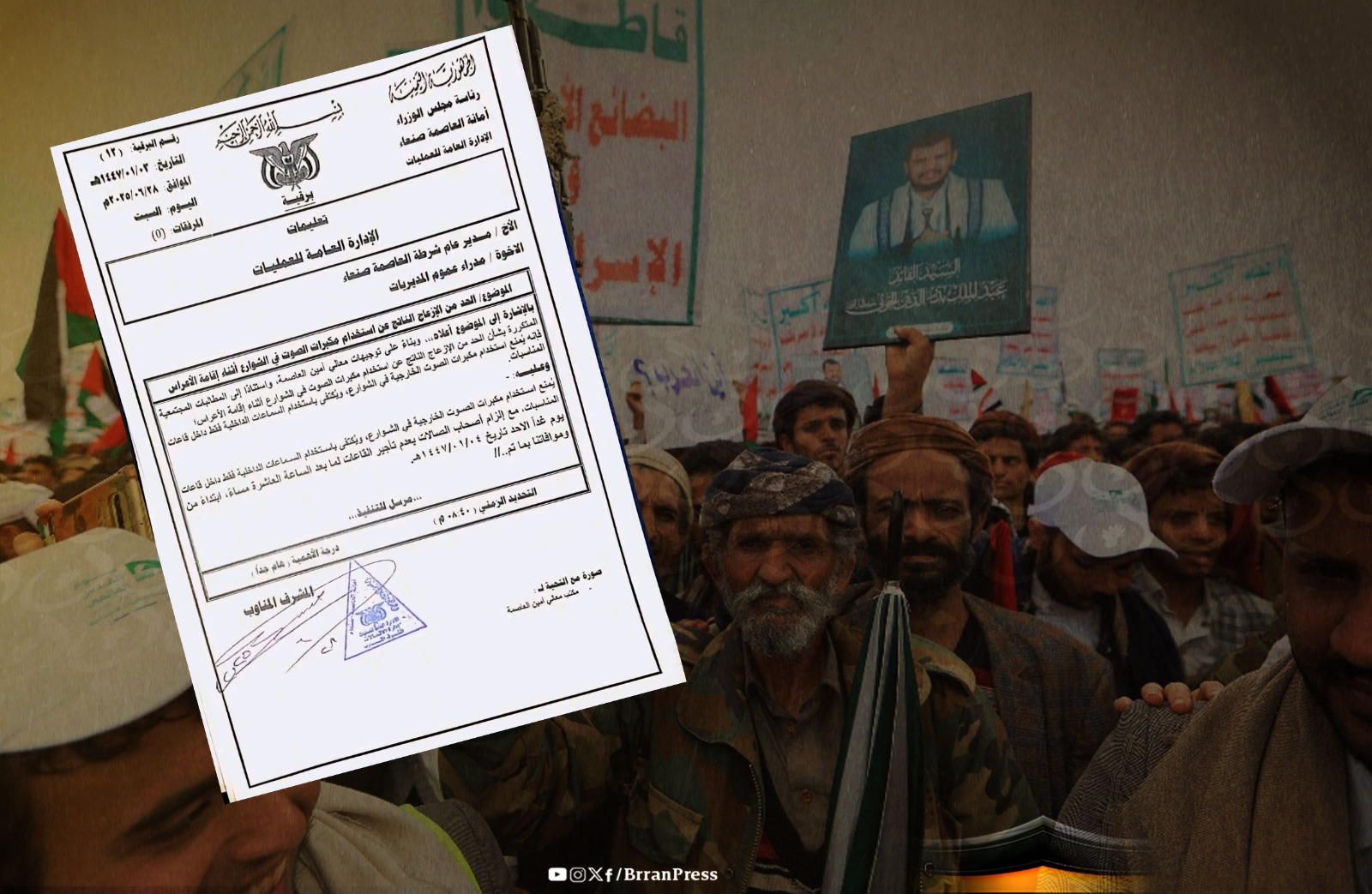
Barran Press
On September 25, 2023, former Vice President of Yemen, Major General Ali Mohsen Al-Ahmar, revealed insights about the surrender of Sana'a during a military operation in 2014. In a post on his official X account, seen by Barran Press, he described his efforts as a “national military mission” undertaken with remnants of the First Armored Division after a year and a half of retirement.
Al-Ahmar stated that he participated in “a singular battle to defend Sana'a,” supported by “a group of the best and purest youth of Yemen, along with some of the country’s men and comrades in arms.” He reflected on the sacrifices made during this period, noting that 274 brave young soldiers and officers lost their lives in the defense of the nation within the capital.
He emphasized that the battles fought by the First Armored Division and the Northern Military Region were not personal conflicts or issues of exploitation, as some detractors claimed. Instead, they were about defending the dreams of the Yemeni people against an uncertain fate that awaited them should the republican flag fall and the September and October revolutions be threatened.
Despite the passage of 62 years since the September 26 Revolution, he remarked that its significance is increasingly embedded in the memory of free Yemenis as a moment of pride and dignity. He noted the coinciding celebrations with a decade marked by “darkness and despair” since the fall of Sana'a to the Houthi movement on September 21, 2014, which he termed a moment of neglect by both the ruling and opposition forces in Yemen.
Al-Ahmar criticized those who mocked warnings about the Houthi intentions towards the capital, stating, “Some ridiculed us when we warned that the Imamate sought to reclaim Sana'a and restore its oppressive rule.” He lamented how many were misled by the promises of justice and prosperity under Houthi control.
He asserted that the Houthis’ entry into Sana’a was facilitated by the complicity or silence of various political factions. A decade later, he claimed, the false narratives propagated by the Houthis are collapsing, as Yemenis face unprecedented levels of misery, unemployment, and deprivation reminiscent of the periods of past oppressive regimes.
The former Vice President condemned the current state of Yemeni sovereignty, asserting it has been violated like never before, with blind loyalty to Tehran's clerics prevailing. He remarked that Sana'a has transformed into an Iranian stronghold, with Israeli aircraft operating in Yemeni airspace, a situation unseen in Yemen’s history.
However, he expressed hope, citing a growing awareness among Yemeni youth about the values of the September, October, and November revolutions, and their significance for freedom and prosperity.
Al-Ahmar highlighted the resilience of Yemenis in resisting the Houthis following the fall of Sana'a, noting the formation of popular resistance in various regions, supported by the Saudi-led coalition. He called for a renewed focus on national unity and healing past wounds to strengthen Yemen’s position.
He emphasized that the Houthi threat to the revolutions of September and October persists, and the solution lies in resisting their attempts to erase the revolutionary legacy. He urged efforts to instill the values of these revolutions in the younger generation through education and cultural initiatives.
As Yemen prepares to celebrate the 61st anniversary of the republic and the fall of the Imamate on September 26, citizens have begun to adorn their social media profiles with slogans and tributes to the revolution. Since the Houthi takeover, the anniversary has become a platform for expressing dissent against their rule and a call for restoring the republican system.
Many believe the Houthis are acutely aware of their unpopularity among Yemenis, prompting them to display the Yemeni flag alongside slogans from the Iranian Revolution in an attempt to quell public dissatisfaction. However, they have also restricted the sale of the Yemeni flag and targeted activists advocating for the anniversary celebrations.





